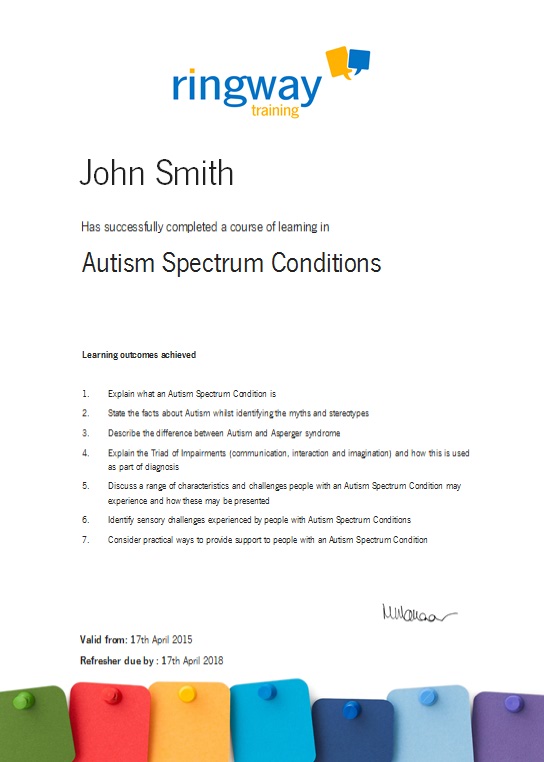Key Info
1 Day Course
Contact us if you require training which runs to a different timescale
Where and When
Delivered at a venue of your choice throughout the UK or by tutor led remote online delivery, contact us for availability.
Accredited Course
The course content are accredited by the Open College Network (OCN) Credit4Learning as a Level 3 course.
Course Overview
Lone working is something which effects every person, every role and every workplace and is a broad term which considers situations when professionals may be isolated from colleagues, leading to an increase in vulnerability and risk.
This training course broadens out the term lone working to consider the wider range of situations and risks associated with a physical place of work and also when working in communities without supervision, including ‘out of hours’ tasks, being in unfamiliar locations and encountering unknown people.
This training course considers ways of reducing risk by ensuring that all colleagues are traceable and accountable at all times and discusses ways of encouraging colleagues to identify with lone working risks, act accordingly and recognise their own limitations. This is a Level 3 accredited course.
Course Learning Outcomes
Below are the main topics covered in this course, expand each one to see the criteria.
- 1.1Describe what is meant by the term ‘lone working’
- 2.1Define and evaluate the definition of a lone working as identified by the Health and Safety Executive (HSE)
- 2.2Define the term flexible working conditions and provide examples of types of roles which include flexible working conditions
- 2.3Define the piece of legislation which relates to employment health and safety
- 2.4Analyse different health and safety regulations which relate to lone working tasks and environments
- 2.5Explain how the Data Protection Act (1995) relates to lone working tasks
- 3.1Describe reasons why people may consider themselves to be 'low risk' in terms of lone working
- 3.2Describe different types of lone working tasks and lone working environments
- 3.3Compare the different lone working responsibilities of employers and employees
- 4.1Explain the difference between an accident, incident and near miss, giving examples of each
- 4.2Describe the difference between a written risk assessment and a dynamic risk assessment
- 4.3Define factors which can influence dynamic risk assessing
- 4.4Explain the components of a P.E.T lone working risk assessment
- 5.1Define the meaning of the terms 'traceable' and 'accountable'
- 5.2Explain the different stages of ensuring that you remain traceable and accountable at all times
- 6.1Explain the different components of a lone working policy and procedure
- 6.2Describe ways of ensuring that a lone working policy is implemented as part of good working practices
- 6.3Explain why reporting of lone working concerns and incidents is important
- 7.1Define the meaning of 'debriefing'
- 7.2Define different ways of debriefing
- 7.3Explain and evaluate the effects of incident debriefing
Accreditation
The course content are accredited by the Open College Network (OCN) Credit4Learning as a Level 3 course.
Certification
Each learner completing this course will receive an accredited Level 3 certificate of learning.
Additional Information
Training course duration
1 Day (please contact us if you require training which runs to a different timescale).Availability of this training course
This Lone Working training course is available as in-house training at a venue of your own choice throughout the UK. Alternatively, also available remotely via a tutor led course over Zoom or MS Teams.Audience for this course
This Lone Working training course is designed for professionals working with children and young people including support teams, education professionals and foster carers. This course is also suitable for professionals supporting adults.QCF Units
This Lone Working training course is designed to meet the standards outlined in the new Children's Homes (England) Regulations which were introduced on 1st April 2015 and can contribute to outcomes of QCF units including the National Diploma for the Children and Young People's Workforce. This course is also relevant to professionals working in the adult sector.Get a Price or more information...
Just fill in this quick form and we will email you an all inclusive price, don't worry we will never add you to any marketing lists - promise. If you want more information first thats great - just get in touch
Clear pricing
We ask for location and approximate numbers because we include any expenses in the quotes we give so you get one clear price
More Information?
If you have any questions, want more information or interested in a series of courses please contact us
Contact Us
